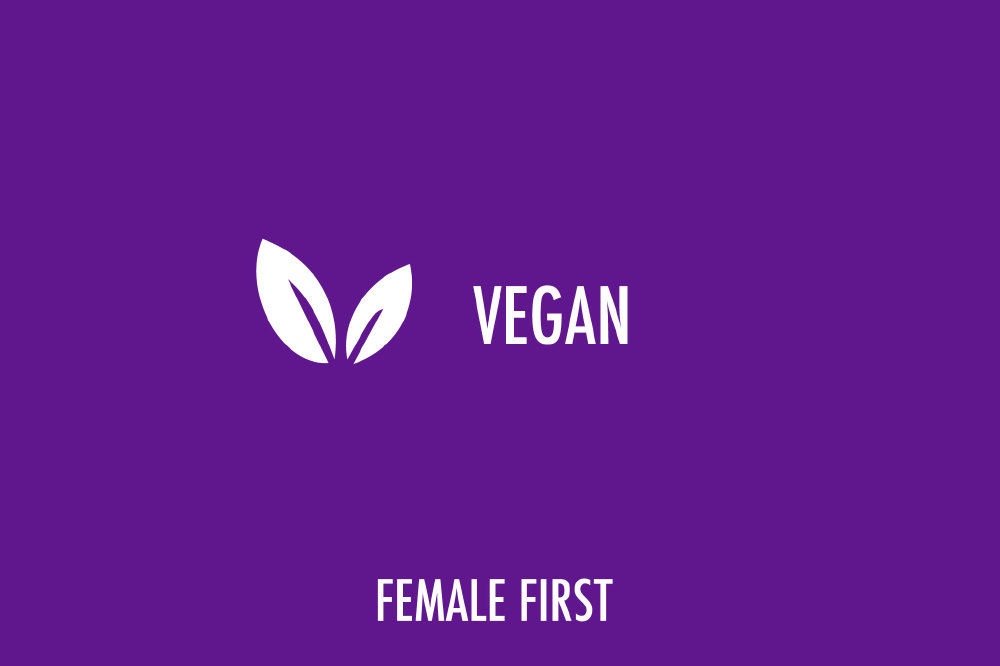Whether you're a long-term veggie or are just thinking about cutting meat out of your diet, it's important to stay clued up on how to be a smart veggie.

Vegan on Female First
In the UK, 12% of people stick to a vegetarian diet and it is one of the most popular ways to make a positive change in your diet![1]
To celebrate Vegetarian Awareness Month this October, here are a few top tips to make the most of your diet:
Alkalise your body
Although you might not know it, many people are suited to a vegetarian diet, as Nutritionist, Shona Wilkinson from Superfood UK, explains:
"The worst vegetarian is a poorly educated one! Many people will suit a vegetarian diet. It is especially recommended for those who are described as 'acidic' and/or 'inflammatory', as a vegetarian diet (if done well) can help to 'alkalise' the body.
"You need to consume a wide variety of foods daily in order to provide yourself with all of the vitamins and minerals. Consume a rainbow of variety of fruit and vegetables per day, ideally between 8-12 servings. Include some raw food daily as this is full of enzyme activity!"
Top up on Vitamin D
Veggies are more likely to lack in Vitamin D than meat-eaters, which can manifest in symptoms like fatigue, mood swings and problems sleeping.
Leading nutritionist, Marilyn Glenville, author of Natural Alternatives to Sugar (£7.98, Amazon.co.uk), says:
"Natural food sources of vitamin D are few. It is found in oily fish and eggs, and other sources would include fortified foods such as margarines and breakfast cereals. The advice now from the Scientific Advisory Committee on Nutrition recommends that adults and children take vitamin D every day especially over the winter. When selecting a supplement containing vitamin D, choose one where the form of vitamin D is D3."
Don't miss out your protein
When cutting out meat, it's important to supplement your body with foods that are rich in protein or add a plant based protein powder.
Shona says: "Consume pulses every day! These include lentils, peas and all kinds of beans. These are packed with protein and complex carbohydrates".
The easiest way to make sure you're getting enough protein is to add protein powder to your diet.
Nutritionist at Nature's Plus, Martina Della Vedova says: "Sunflower protein is a complete protein because it provides all of the essential amino acids. It's well known for it's ability to support health muscle growth and strength. Sunflower Protein Powder is ideal for those looking for a versatile and vegan plant protein that as natural as possible."
Keep your energy up!
It's important to make sure you're getting all your daily vitamins and minerals, especially Vitamin B and Iron, as meat is richer than plants in both.
Shona says: "In general, if you eat dark green leafy vegetables, nuts and seeds, lentils and brown rice you will be getting B vitamins but the following foods are good sources for the individual B vitamins."
It is usually best to take B vitamins in a complex. "This is because the B vitamins work in synergy with each other. If you take too much of one particular B vitamin it may put the others out of balance."
Cassandra adds: "Iron contributes to the metabolism of energy and contributes to the reduction of tiredness and fatigue. An easy solution to keeping your iron levels regulated is to take a daily supplement"
Tagged in Vegan

